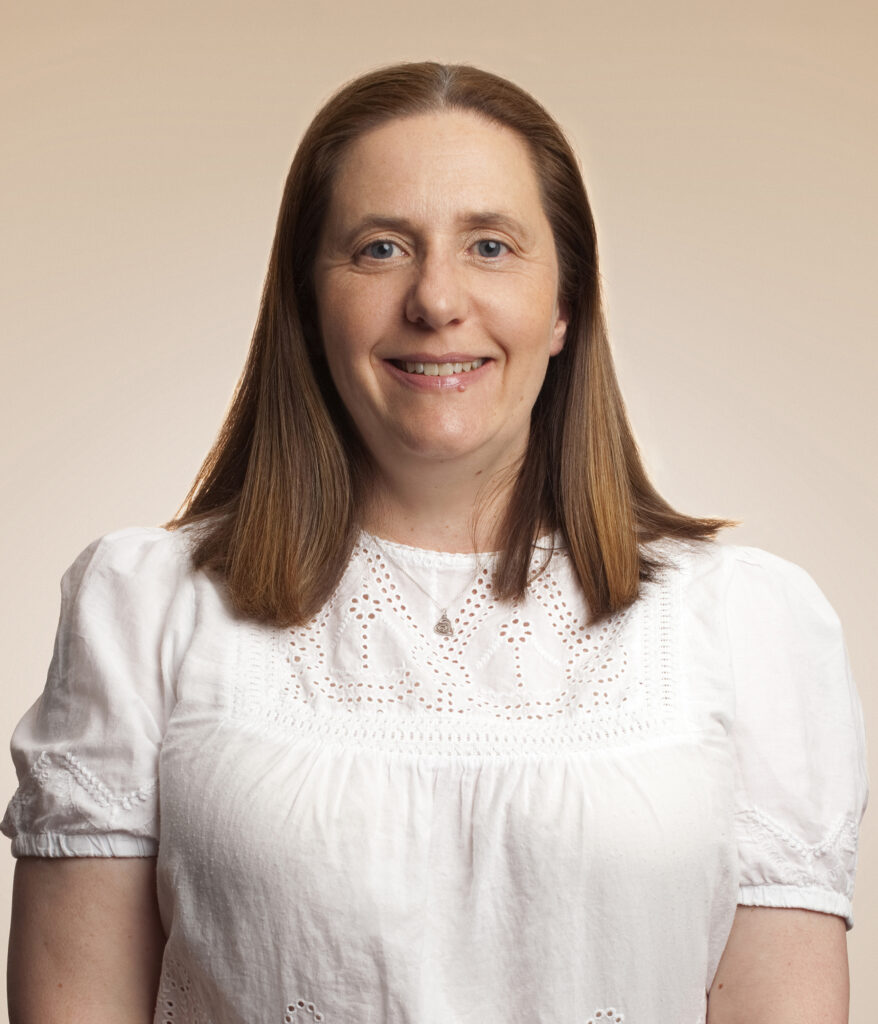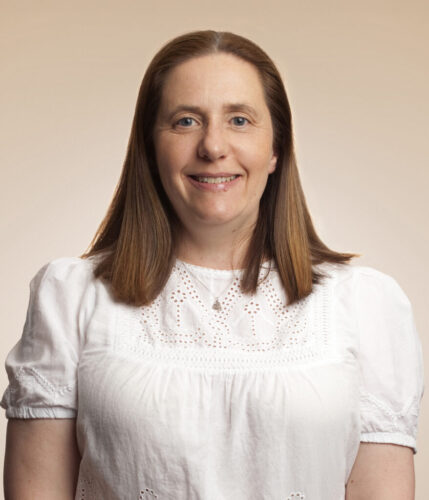Since the legalisation of medical cannabis in the UK in 2018, its integration into mainstream healthcare has faced significant hurdles.
While private clinics have provided access to cannabis-based medicines (CBMPs), many healthcare professionals remain sceptical, largely due to outdated perceptions, limited clinical education, and a lack of endorsement from major medical bodies.
Cannabis clinics can play a crucial role in changing this landscape by setting high professional standards and ensuring patients receive the same level of care as with any other medical treatment.
Stigma among the medical profession
Despite the growing use of prescription cannabis—there are now thought to be over 40,000 patients in the UK— stigma and scepticism remain rife among the medical profession.
Much of this can be traced back to the fact that doctors receive no formal education on the endocannabinoid system during their medical training.
Many healthcare professionals have only encountered cannabis in the context of recreational use, often shaped by outdated prohibitive drug policies. This has fostered misconceptions that medical cannabis patients are seeking a legal means to get ‘high’ or that cannabis serves as a gateway drug to more harmful substances.
“I think the biggest misconception is that cannabis is a gateway drug, that it is addictive and will cause harm,” says Dr Sue Clenton, Clinical Director at Releaf.
“I think many doctors genuinely believe that patients receive no benefit and are using it recreationally, rather than to manage their symptoms and feel well.”
She adds: “There are also fears that it significantly increases the risks of psychiatric issues. In reality, this risk is low and we screen patients carefully to reduce it even further.”
Professional guidelines on prescribing
The British Medical Association and Royal College of GPs support the use of CBMPs, ‘under the supervision of specialist clinicians or prescription of MHRA authorised licenced products by doctors who have the necessary clinical experience and competencies.’
Meanwhile, the General Medical Council highlights that decisions to prescribe should be made in consultation with a multidisciplinary team to ensure comprehensive patient care.
Since the law change, a number of research papers have been published by prominent journals such as BMJ, which have consistently emphasised the need for high-quality evidence before widespread clinical use.
This includes systematic reviews assessing the efficacy, risks and uncertainties of medical cannabis, often highlighting a lack of robust clinical trial data in certain areas.
In 2019, more than 150 pain consultants signed a letter expressing their concern about the “unregulated use of cannabinoid preparations for pain due to their uncertain effectiveness and the potential for misuse and adverse effects on cognition and mental health”.
At the same time, the British Pain Society said in its position statement that: “meta-analyses of clinical studies on cannabinoids for the management of pain conclude that there is no positive evidence to support routine use in pain management.”
The growing real-world evidence base supporting CBMPs, from both the UK and overseas, is often dismissed as it is not considered to fit within the ‘gold standard’ of clinical trials—randomised controlled trials (RCTs).
This overlooks the fact that medical cannabis treatment does not lend itself well to the design of RCTs, and these trials fail to capture the complexities of conditions where CBMPs are often most effective, such as in chronic pain and in patients with comorbidities.

Dr Sue Clenton, Clinical Director at Releaf
Changing perceptions through patient outcomes
However, for many doctors who have taken the step to prescribe CBMPs, their initial concerns have been replaced by an appreciation of the positive impact these treatments can have on patients.
Dr Clenton initially had concerns about side effects and professional judgment from her NHS colleagues but found her perspective shifting as she witnessed its benefits firsthand.
“I had no experience with medical cannabis prescribing when I started and I was a little apprehensive and concerned about side effects,” she says.
“I worried about the opinions of my NHS colleagues and felt they would judge me or think less of me. I kept it a secret for quite some time, but gradually, as my confidence grew, I became more open.”
Dr Clenton adds: “Now, I am very proud of the company and protective of our patients. My whole attitude has changed due to the positive effects I have seen.”
Over time, she has also observed a slow but noticeable shift in the attitudes of other healthcare professionals.
“I have seen a very slight increase in patients who have told their routine healthcare providers and have been encouraged, or at least not discouraged, to attend,” she continues.
“I have even had patients who were advised to come to us by pain clinics or physiotherapists when other treatments had failed. Unfortunately, it still seems like patients are only referred to us as a last resort.”
Ensuring high standards in clinical practice
One of the key ways clinics like Releaf are working to change professional attitudes is by ensuring that medical cannabis patients receive the same high standard of care as those prescribed conventional treatments.
This includes frequent patient reviews, robust governance procedures, and thorough screening processes to reduce risks, Dr Clenton explains.
“I feel they are probably supported and reviewed more frequently and thoroughly than in the NHS,” she says.
“We have robust governance, triage, assessment, and multidisciplinary team procedures that make this a high standard of care.”
Compliance and ethical responsibility
Beyond patient care, Releaf is committed to maintaining the highest ethical and regulatory standards. The clinic has implemented strong compliance measures to ensure patient trust and adherence to regulations.
Releaf’s Chief Legal & Compliance Officer, Rupa Shah, said the clinic recognises its responsibility to promote its services in a way that is “ethical, honest, and compliant”— and its “priority is always patient safety”.
“We’re incredibly proud of the growing number of patients who share positive feedback, whether through Trustpilot reviews, clinician experiences, or heartfelt testimonials. At the same time, we know it’s important to balance this real-world evidence with the regulatory restrictions that apply to cannabis as an unlicensed medicine,” says Shah.
“We see amazing results every day and understand the profound impact medical cannabis can have on patients’ lives, but we also recognise the responsibility we have to promote our clinic in a way that’s ethical, honest, and compliant. To make sure we get this right, we’ve put strong processes in place, including pre-approval of patient-facing materials, staff training on regulatory requirements, and regular audits of our communications.
She adds: “Our priority is always patient safety, and we work hard to ensure our messaging is clear, accurate and reflects the trust patients place in us.”
Looking forward
While the stigma around medical cannabis in the medical profession remains a barrier, the work of clinics like Releaf is helping to shift professional attitudes slowly but surely.
By maintaining high standards of care, ensuring compliance, and showcasing the real-world impact on patients, clinics are playing a crucial role in integrating CBMPs into modern medicine.
Over time, as more healthcare professionals witness the benefits firsthand, the hope is that medical cannabis will be recognised not as an alternative treatment but as a legitimate and valuable part of patient care.
The post How Clinics Can Help Remove Professional Stigma Around Medical Cannabis appeared first on Cannabis Health News.
Go to Source
Author: News Editor


